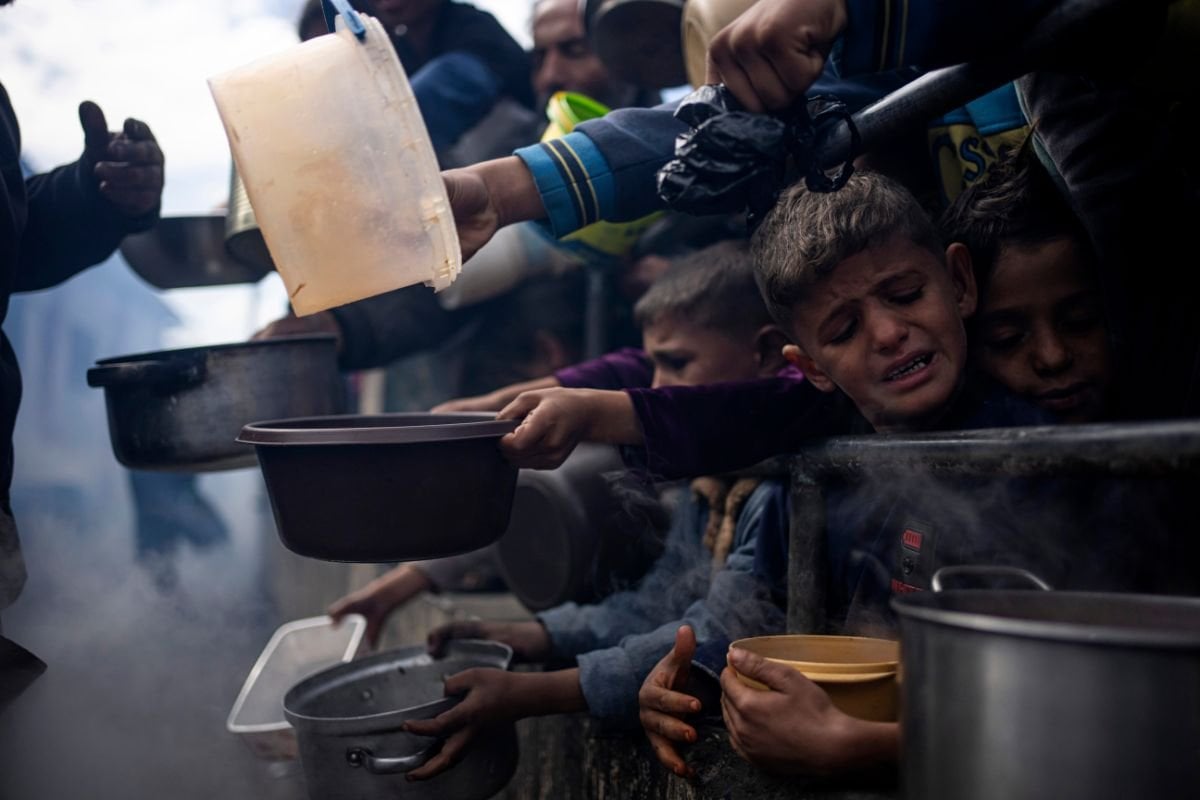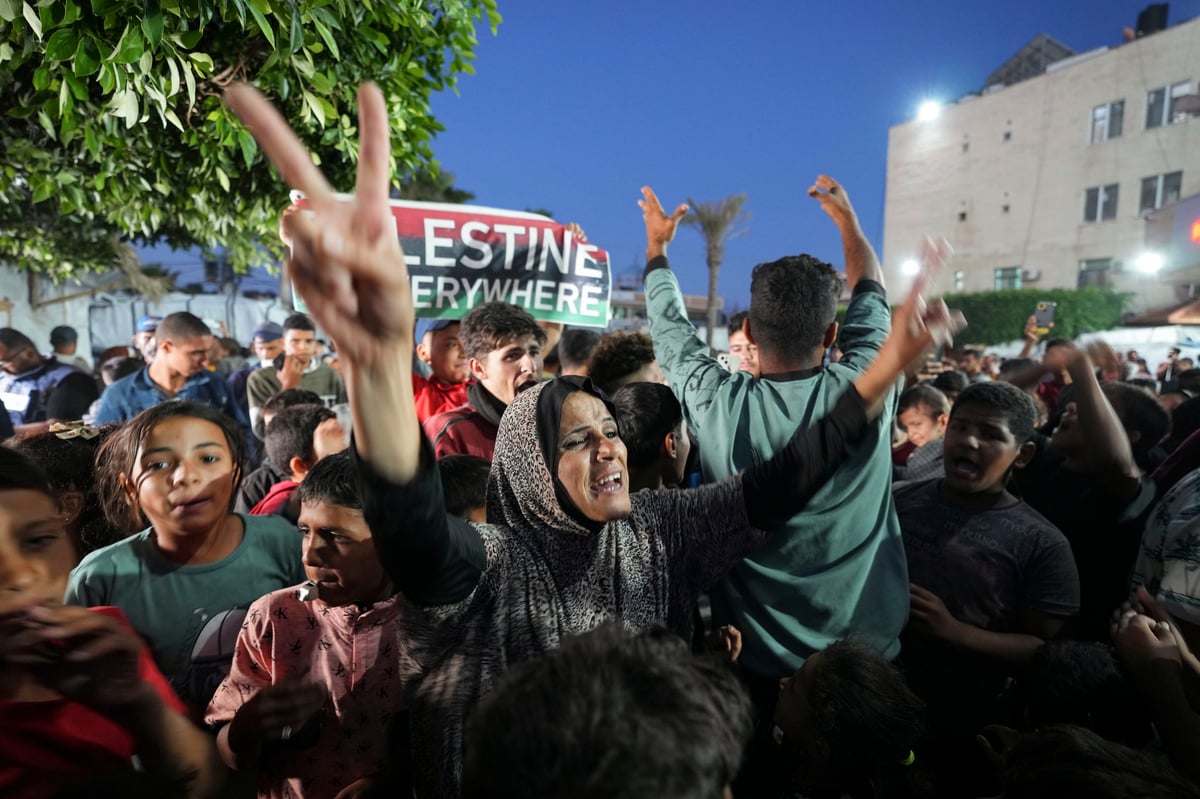
An Israeli official says no ceasefire has been agreed in Gaza, after Hamas said it had accepted a proposal from Egyptian and Qatari mediators.
The Israeli official said the proposal that Hamas had accepted was a "softened" version of an Egyptian proposal, which included "far-reaching" conclusions that Israel could not accept.
"This would appear to be a ruse intended to make Israel look like the side refusing a deal," said the Israeli official, who spoke on condition of anonymity.
Earlier, Hamas said in a brief statement that its chief, Ismail Haniyeh, had informed Qatari and Egyptian mediators that the group accepted their ceasefire proposal.
 Palestinians celebrate in the streets following Hamas's announcement that it accepted a cease-fire proposal. Later on Monday, Israel announced it would move forward with its planned offensive. Image: AP/Abdel Kareem Hana.
Palestinians celebrate in the streets following Hamas's announcement that it accepted a cease-fire proposal. Later on Monday, Israel announced it would move forward with its planned offensive. Image: AP/Abdel Kareem Hana.
